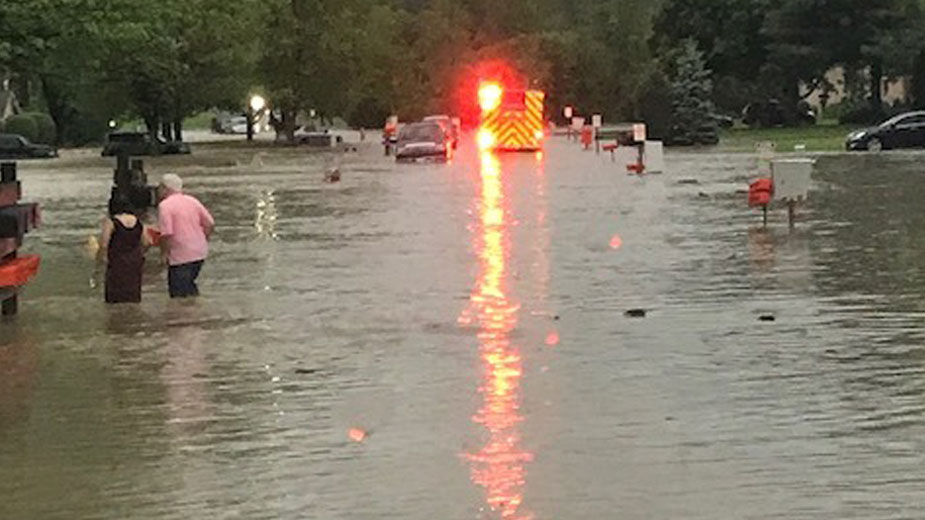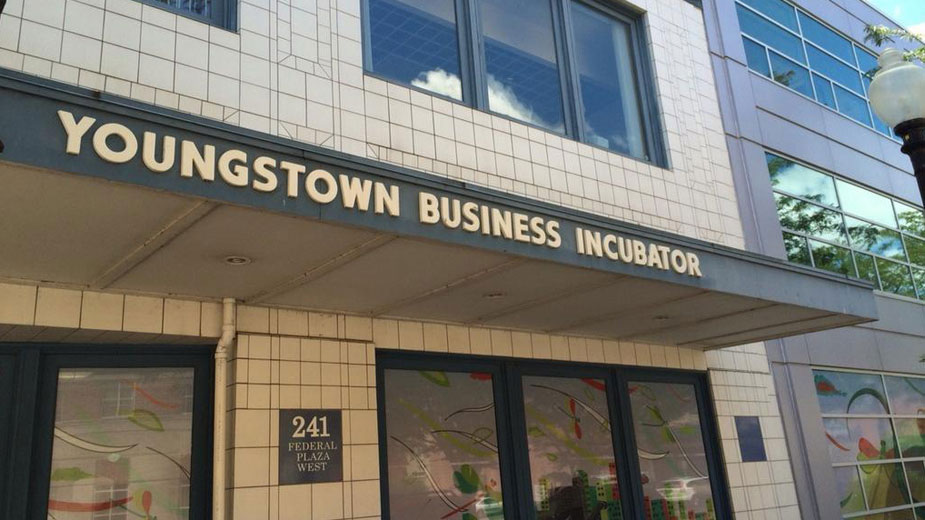FEMA, SBA Open Disaster Recovery Center in Boardman
YOUNGSTOWN, Ohio – Through July 16, Mahoning County residents and business owners affected by inclement weather May 27 through 29 can apply for aid at a disaster recovery center at the Boardman Township Administration Building, 8299 Market St.
Last month, Gov. Mike DeWine requested that Mahoning County be added to the Presidential Disaster Declaration to receive aid for businesses and residences that were damaged by floodwaters from the storms. Sima Merick, executive director of the Ohio Emergency Management Agency, advised the Federal Emergency Management Agency, or FEMA, that 20 apartment units in Canfield and four in Boardman were rendered uninhabitable by floodwaters and sewer backups.
In response, FEMA, the U.S. Small Business Administration, Ohio Emergency Management Agency and other Ohio agencies are staffing the disaster recovery center at the township administration building to meet with residents and business owners uninsured for flood damage to help them acquire aid. Representatives will also explain disaster assistance programs, answer questions about written correspondence and provide information about repairs and rebuilding homes to make them more disaster-resistant.
The center is open July 12, 13, 15 and 16 from 8:30 a.m. to 7 p.m. It is closed Sunday, July 14.
To be eligible for funding, residents must first register online at DisasterAssistance.gov, by using the FEMA app or by calling 800 621 3362, says Jassiel Olivero, FEMA media relations specialist. TTY users can call 800-462-7585. From there, they can go to the disaster recovery center to apply in person “and they will walk you through the application process,” she says.
Mahoning County is one of 11 counties approved to receive $2.9 million in recovery assistance, Olivero says. Other counties include Auglaize, Darke, Greene, Hocking, Mercer, Miami, Montgomery, Muskingum, Perry and Pickaway. Of the 1,900 visits to open disaster recovery centers in those counties, 1,100 applications have been approved, Olivero said.
FEMA assistance is grant-funded and does not have to be repaid, nor is it taxable and won’t affect one’s eligibility for Social Security, Medicaid or other federal and state benefits, according to a FEMA release. Homeowners and renters are both eligible for the nontaxable assistance and aid may also be applied to vehicles for uninsured damage caused by the flooding.
For those who don’t qualify for FEMA aid, they can apply for a small loan through the U.S. SBA, Olivero notes. Interest rates on those loans for homeowners is 1.938%, 4% for businesses and small agricultural cooperatives, and 2.75% for nonprofit organizations, she says.
SBA loans are for replacing personal property, rebuilding homes and restoring economic strength, said Tamim Choudhury, public affairs specialist with the SBA. Businesses will likely need to get an SBA loan for any uninsured damages because they “usually don’t receive federal disaster grants,” Choudhury explained in an email.
“They may qualify for loans up to $2 million with an interest rate as low as 4%,” he says. “They may also receive economic injury loans with the same terms, in case of revenue losses upon the disaster. All of these loans carry up to a 30-year repayment time.”
Choudhury has spoken with the Youngstown/Warren Regional Chamber about the loans and plans to visit county businesses that suffered damage from the floods, he says. Typical ports from businesses include loss of inventory, machinery and equipment.
“Some business owners not only have to worry about the physical structural damage, but also about how to run the business with working capital after the flood has halted operations,” he says.
Copyright 2024 The Business Journal, Youngstown, Ohio.



